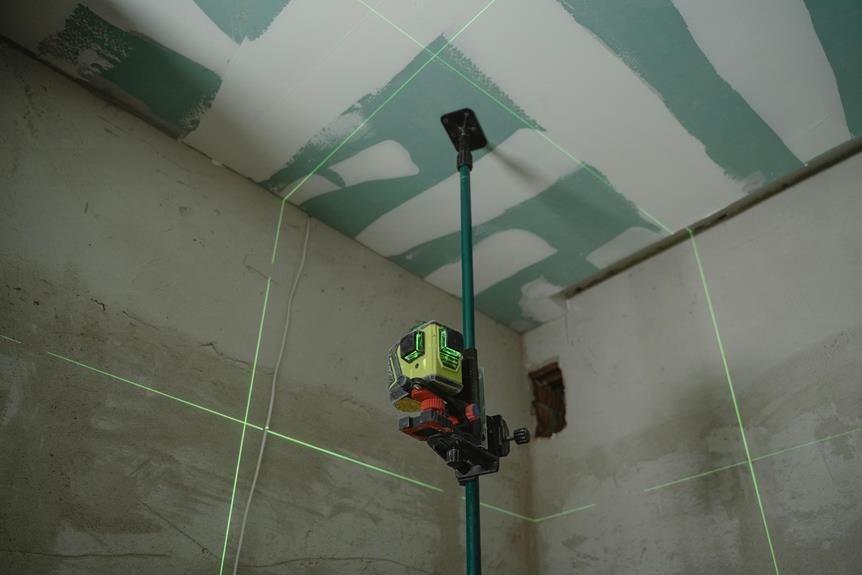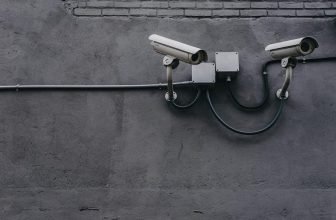
When considering DIY versus professional installation for smart home security systems, you might wonder about the trade-offs between convenience and expertise. While DIY setups offer autonomy and potential cost savings, the thought of expert guidance and guaranteed proficiency from professionals might linger in your mind. The decision between the two installation methods requires a careful evaluation of your priorities when it comes to securing your home.
Cost Comparison
When comparing the costs of DIY and professional smart home security installation, consider the total investment required for each option.
DIY installations often appear cost-effective at first glance, as you can avoid labor fees by setting up the system yourself. However, there are hidden costs to consider. DIY kits may lack components that are crucial for comprehensive security, leading to additional purchases.
Professional installations, while initially more expensive due to labor costs, typically provide a complete solution without the need for extra spending.
Moreover, professional installations often come with warranties that cover both the equipment and labor, offering peace of mind in case of malfunctions. On the other hand, if an error occurs during a DIY installation, any resulting damages or replacement costs would likely fall solely on your shoulders.
Keep in mind that quality is paramount when it comes to security systems, and professional installations are more likely to guarantee a higher standard of workmanship and reliability in the long run.
Installation Process
To set up your smart home security system, you can either tackle the installation process yourself or enlist the help of professionals. DIY installation typically involves following step-by-step instructions provided by the manufacturer. This process may require drilling holes, mounting cameras or sensors, and connecting devices to your Wi-Fi network. It can be a rewarding experience for those with some technical know-how, but it also carries the risk of errors that could impact the system's effectiveness.
On the other hand, opting for professional installation means trained technicians will handle the setup for you. They'll ensure that all components are installed correctly, positioned optimally, and integrated seamlessly with your home's layout. While this option may incur additional costs, it offers convenience and peace of mind, especially for those who are less tech-savvy or simply prefer a hands-off approach.
Ultimately, the choice between DIY and professional installation boils down to your comfort level with technology, available time, and budget constraints.
System Customization
Considering the installation process of your smart home security system, your next focus shifts to tailoring the system to your specific needs through system customization. Whether you opt for a DIY setup or professional installation, customization allows you to personalize your security system to match your home's layout, your family's habits, and your specific security concerns.
With DIY systems, customization often involves selecting which components you want to include, such as cameras, sensors, or smart locks, and deciding where to place them for optimal coverage. On the other hand, professional installers can offer expert advice on the best placement of devices based on your home's vulnerabilities and layout. Additionally, they can help you integrate your security system with other smart home devices, creating a seamless and efficient network.
Customization also extends to setting up alerts, notifications, and automation features tailored to your preferences, ensuring that your smart home security system works exactly how you want it to.
Reliability and Support
For ensuring a reliable smart home security system, the availability of prompt support is crucial for resolving any issues that may arise. When comparing DIY installation to professional installation, one key aspect to consider is the reliability and support each option offers. Professional installation often comes with the advantage of having a dedicated support team readily available to assist you with any technical difficulties or questions you may have. This can provide peace of mind knowing that experts are just a phone call away to troubleshoot any issues that may impact your home security system's functionality.
On the other hand, with a DIY installation, the level of support can vary depending on the manufacturer or retailer of the smart home security system. While some DIY systems offer online resources, forums, or customer support lines, the assistance may not always be as immediate or comprehensive as that provided by professional installers. It's essential to consider your comfort level with troubleshooting technical issues on your own when deciding between DIY and professional installation for your smart home security system.




